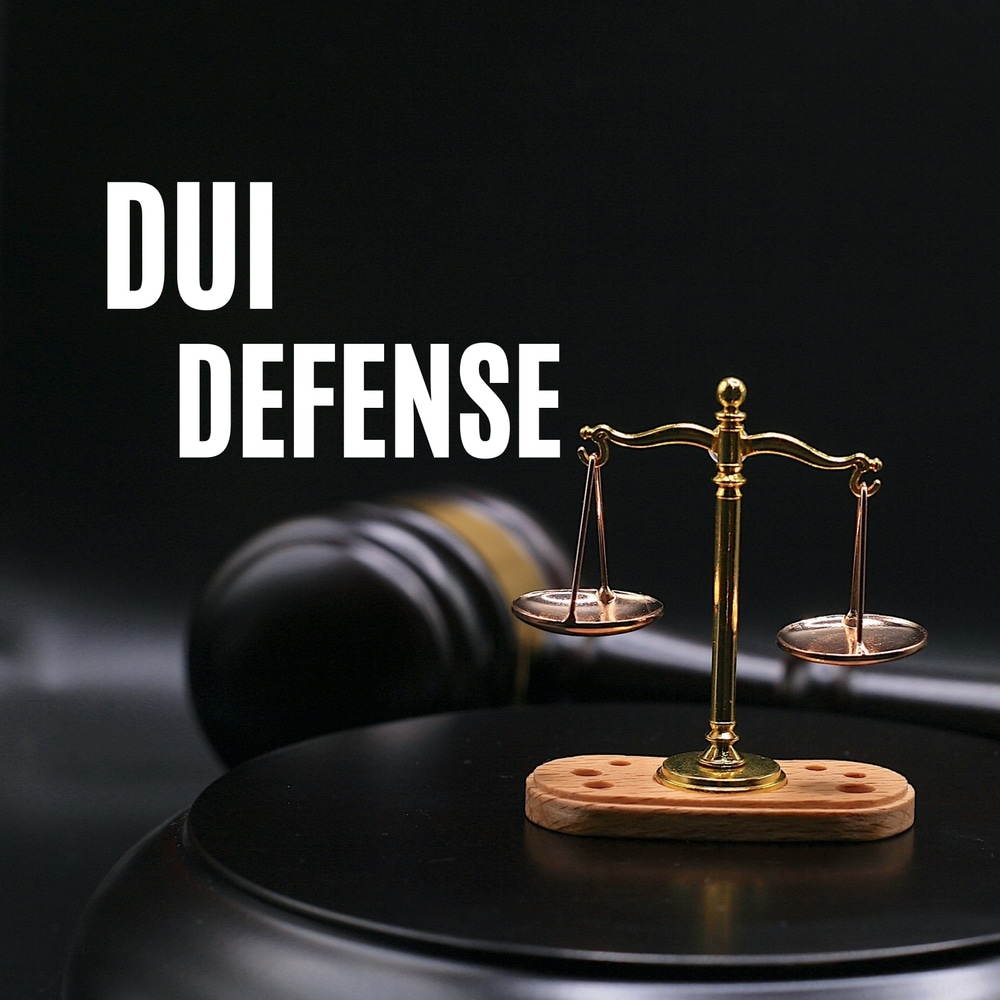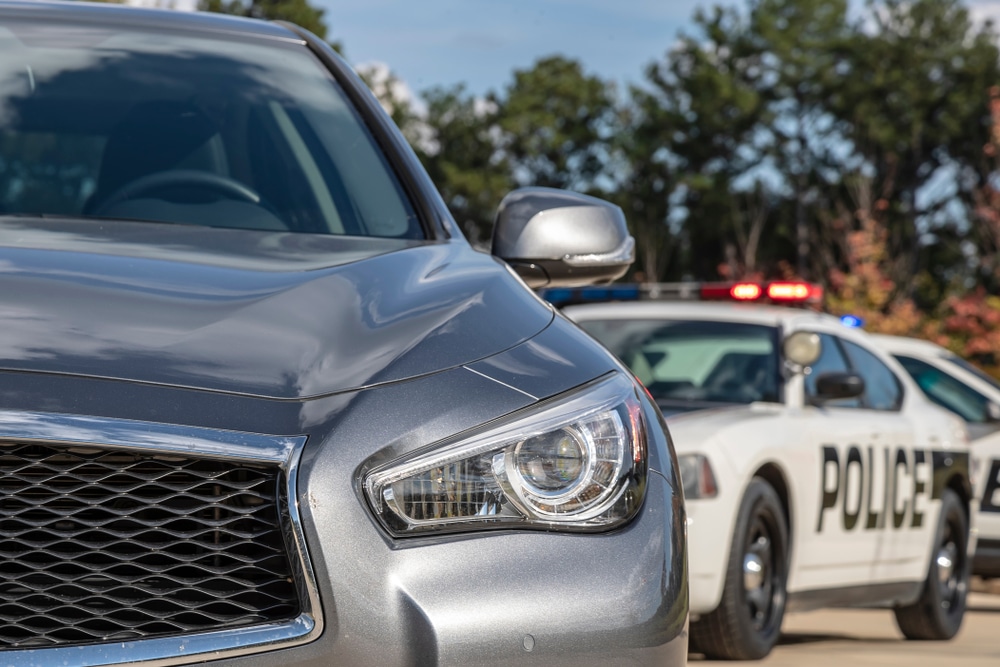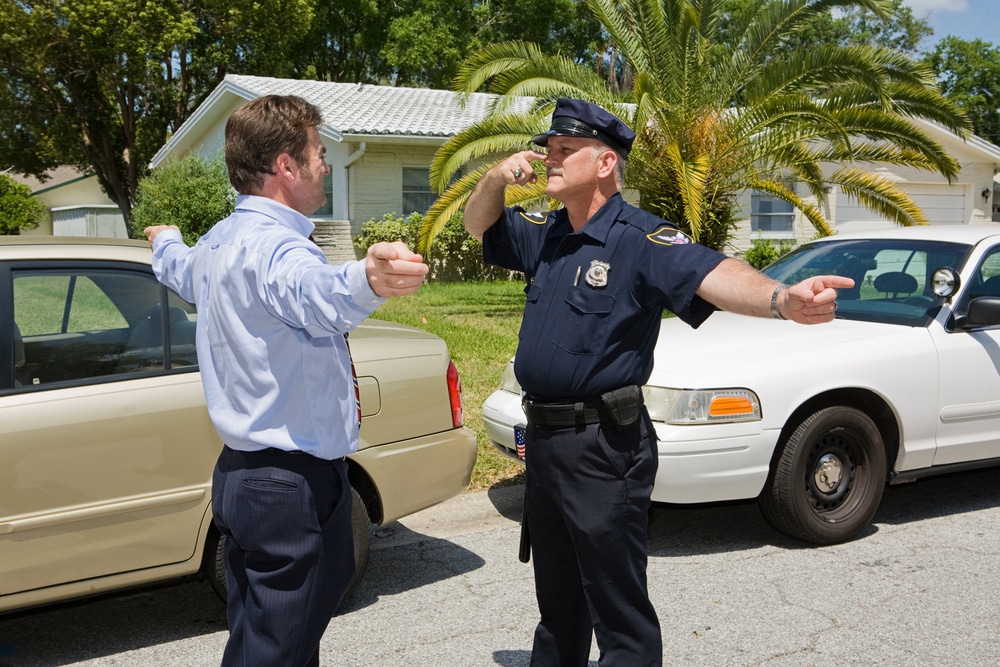
Driving Under the Influence (DUI) defense is a complex area of criminal law that combines scientific evidence, constitutional rights, and criminal procedure. A successful DUI defense requires understanding multiple disciplines, from the chemistry of blood alcohol testing to the physics of field sobriety testing, while navigating both administrative procedures and criminal court processes. This comprehensive examination of DUI defense strategies reveals the many avenues available to challenge DUI charges.
The Fourth Amendment protects against unreasonable searches and seizures, requiring law enforcement to have reasonable suspicion to initiate a traffic stop. This foundational defense strategy examines whether the officer had legally sufficient grounds to stop the vehicle. Police must articulate specific, observable facts that justified the stop, not mere hunches or stereotypes.


Field sobriety tests are divided attention exercises that allegedly indicate impairment. The three standardized tests include:
Several factors can affect performance on these tests:
Breath testing devices require strict compliance with:
Blood test challenges include:


Various medical conditions can mimic intoxication or affect testing:


The necessity defense requires proving:
Common scenarios include:
Factors influencing plea negotiations:


Critical factors in voir dire:
Effective trial techniques include:
Common defense narratives:
Successful DUI defense requires a comprehensive understanding of multiple disciplines and the ability to identify and exploit weaknesses in the prosecution’s case. Each case presents unique challenges and opportunities, requiring careful analysis and strategic planning. Understanding these various defense approaches allows for development of the most effective defense strategy for each specific situation.
At DUI 101, our mission is to empower you with the knowledge needed to make informed decisions during this challenging time. Explore our articles and guides to better understand your situation and the steps ahead.
© 2024 Chapman SEO LLC. This website is for educational and informational purposes only. All content is created using AI technology and maintained by non-lawyers and should not be considered legal advice. The information provided is general in nature and may not be suitable for your specific situation. Always consult with a qualified legal professional for advice regarding your individual circumstances. We do not create attorney-client relationships through this website. By using this site, you acknowledge that you have read and understand these terms.